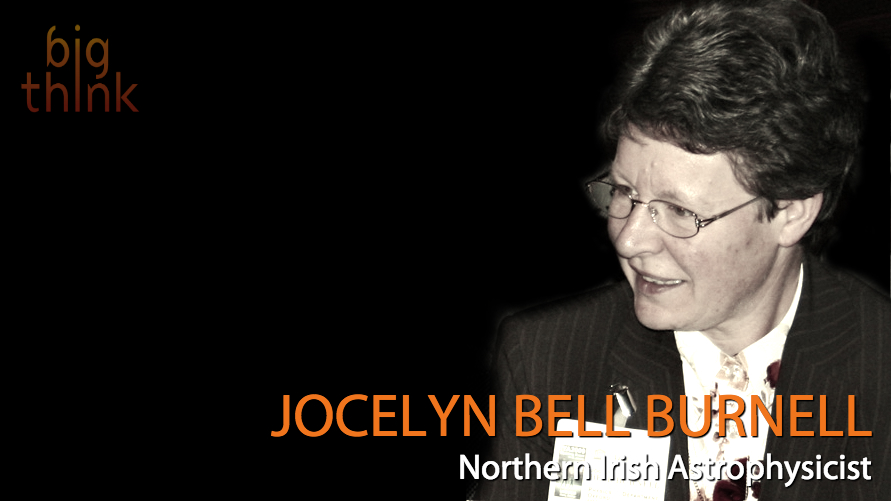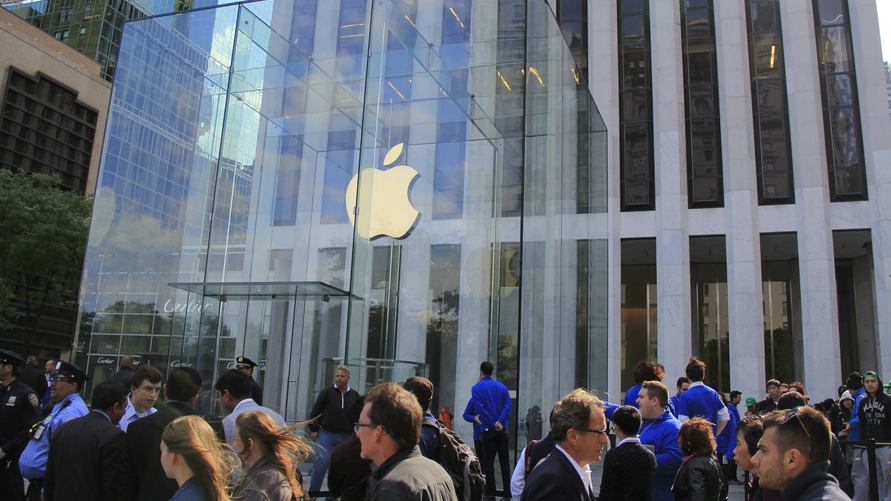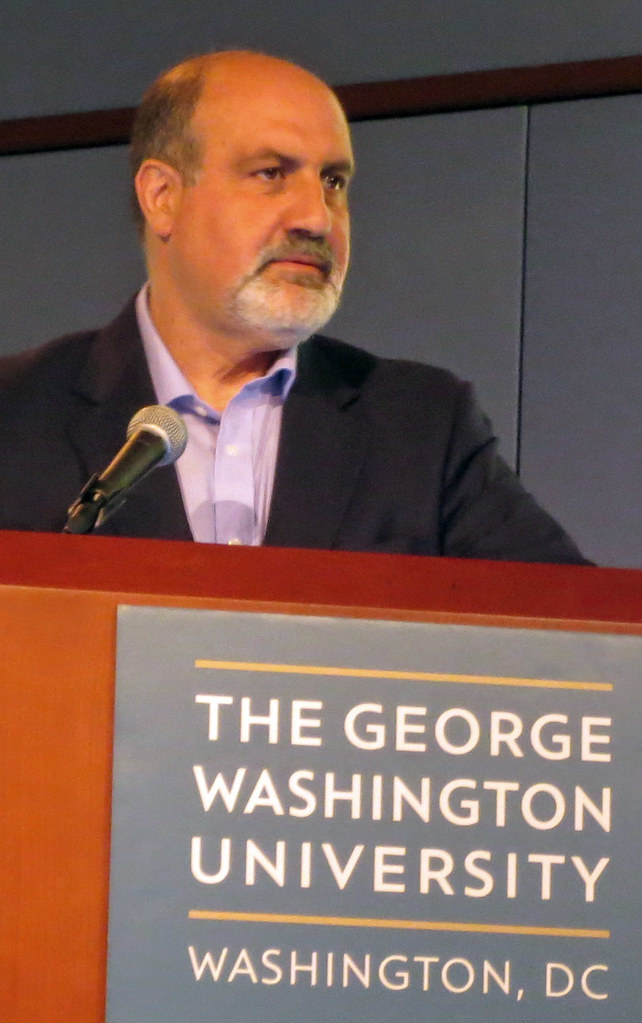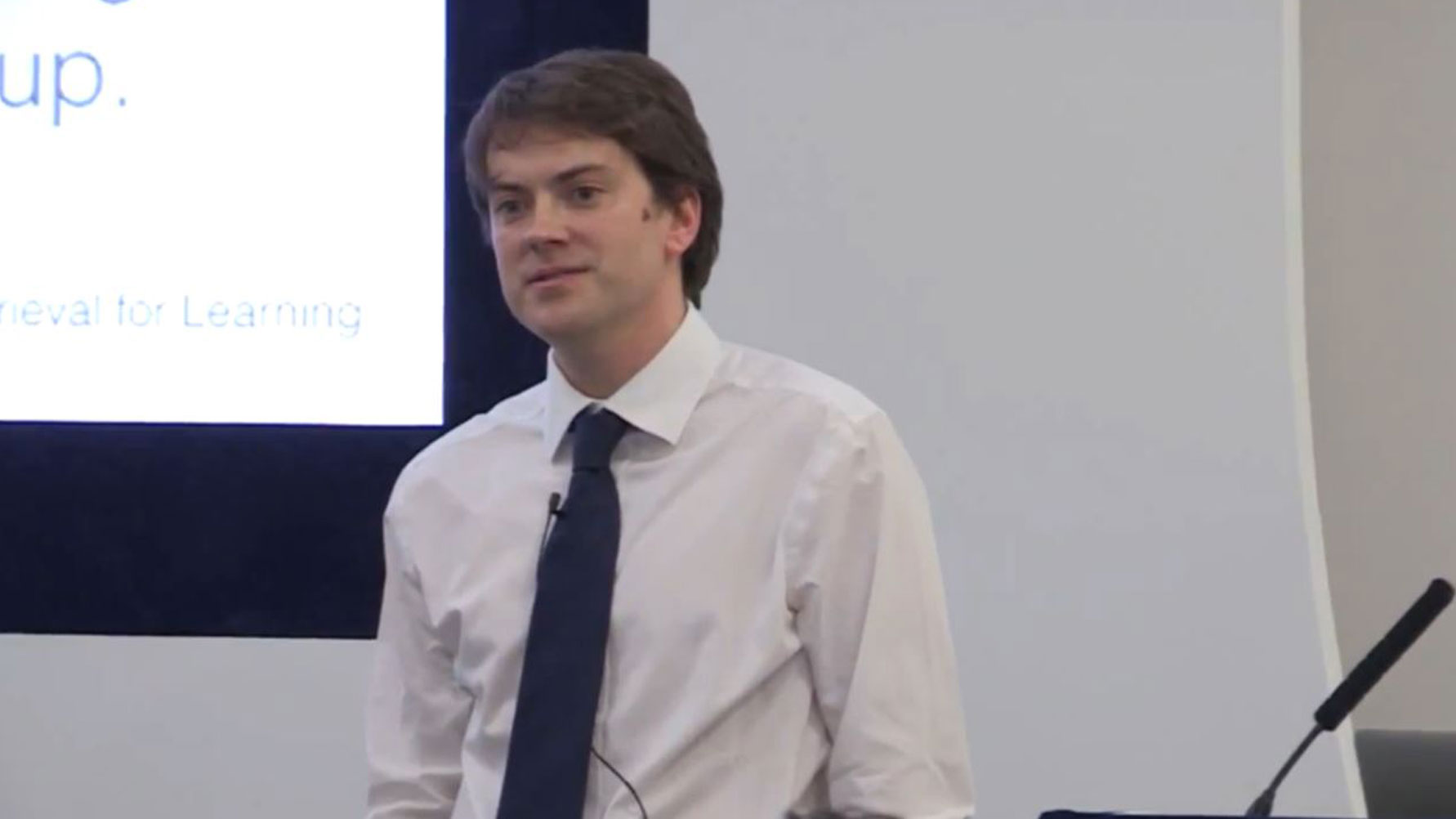Since 2011 state officials have been restricted from using the phrase “climate change” in addition to a list of other terms surrounding environmental issues.
All Articles
Researchers have been experimenting with oxytocin to find it has a range of beneficial effects — one of the most recent being in calorie control.
Over-saturation of a brand doesn’t mean consumers will be able to recall it exactly. Researchers found only one out of 85 students was able to replicate the Apple logo in a drawing, perfectly.
Millennials are the first American generation who have not been taught how to use tools and that could have a negative effect on the country’s trade industries.
When two giant ellipticals get together, the astronomical chaos is beautiful. “Look and think before opening the shutter. The heart and mind are the true lens of the camera.” –Yousuf […]
The massive damage humans have done to the natural world has provoked a backlash that could be just as dangerous, or more. There is a growing global rejection of technology and almost anything human-made in favor of whatever is more ‘natural’. But a simplistic rejection of modern technologies eliminates many of our best options for solving the problems we’ve created.
The massive damage humans have done to the natural world has provoked a backlash that could be just as dangerous, or more. There is a growing global rejection of technology and almost anything human-made in favor of whatever is more “natural.” But a simplistic rejection of modern technologies eliminates many of our best options for solving the problems we’ve created.
The massive damage humans have done to the natural world has provoked a backlash that could be just as dangerous, or more. There is a growing global rejection of technology and almost anything human-made in favor of whatever is more ‘natural.’ But a simplistic rejection of modern technologies eliminates many of our best options for solving the problems we’ve created.
Governments and world citizens must commit themselves to common goals in order to reduce the risk of a global nuclear catastrophe.
A newly released series of anti-nuclear videos demonstrates just how blind to the evidence our underlying values can make us… and how that blindness can make it harder to solve the huge and complex problems facing modern society.
“Science is a quest for understanding. A search for truth seems to me to be full of pitfalls. We all have different understandings of what truth is, and we’ll each believe, or we are in danger of each believing, that our truth is the one and only absolute truth…”
As of this posting, researchers in England have raised £38,124 to fund the world’s first study of the brain on LSD.
This International Women’s Day, celebrate Henrietta Leavitt, who took us beyond the stars and into the galaxies. “Her will tells nearly all. She left an estate worth $314.91, mostly in […]
Tiny houses have become quite trendy across the web. Design specs and photos have been shared across a number of blogs and social networks, but are these micro-houses becoming the new American Dream?
IBM’s Serious Game program wants to give enterprises a way to digest data by playing them out in real-world simulations, or video games.
What your primary activities are at prime hours of concentration can tell you a lot about yourself.
More gender parity in the workplace means more economic gain for everyone, ample time for men to be fathers, and it turns women on in the bedroom.
Those who have spent extended amounts of time testing Apple’s new Watch find that it shifts the way they use their iPhones.
Jane Hsu, principal of P.S. 116 in New York City, cites research that suggests students up until fifth grade would benefit more from playing and spending time with family.
Remember to set your clocks tonight if you live somewhere that observes daylight saving time. In the meantime, we can question why so much of the world sticks with outdated Imperial Time.
Swiss researchers, operating with the knowledge that kids learn better when able to teach their skills to other pupils, have developed a robot student to assist with lessons in penmanship.
Einstein’s most famous equation works out more neatly than you’d expect. “It followed from the special theory of relativity that mass and energy are both but different manifestations of the […]
On a wide range of contentious issues, academics and researchers publish work that pretends to offer objective evidence, but which on closer inspection turns out to be advocacy masquerading behind intellectualisms, scientific methodology, footnotes and citations, and erudite language. A recent example is a paper by Nassim Nicholas Taleb and colleagues arguing that genetically modified foods pose such a risk to life on Earth that agricultural biotechnology should be banned under a strict application of the Precautionary Principle.
The 114-year-old liberal arts women’s college in Virginia announced this week that it will close this summer despite having $86 million in its endowment.
Our tolerance for slowpokes has declined over the past few decades.
Two psychologists and a composer have created music specially configured to arouse interest in cats. You can listen to the experiments, called Cat Ballads and Kitty Ditties.
In a study of 130,000 American adults, including 19,299 psychedelics users, researchers failed to find evidence that taking psychotropic substances results in serious mental health problems.
New York neuroticism is the obverse of Kantian tranquility: harried, unsatisfied, anxious, perturbed. A life filled with worry and noise rather than one steeped in calm and virtue. But is this necessarily a bad thing?
Many people, including a majority of school teachers, harbor important false beliefs about the brain. Are you one of them?
A disease still in the initial stages of investigation causes some individuals to literally get drunk from eating normal amounts of carbohydrates.


























